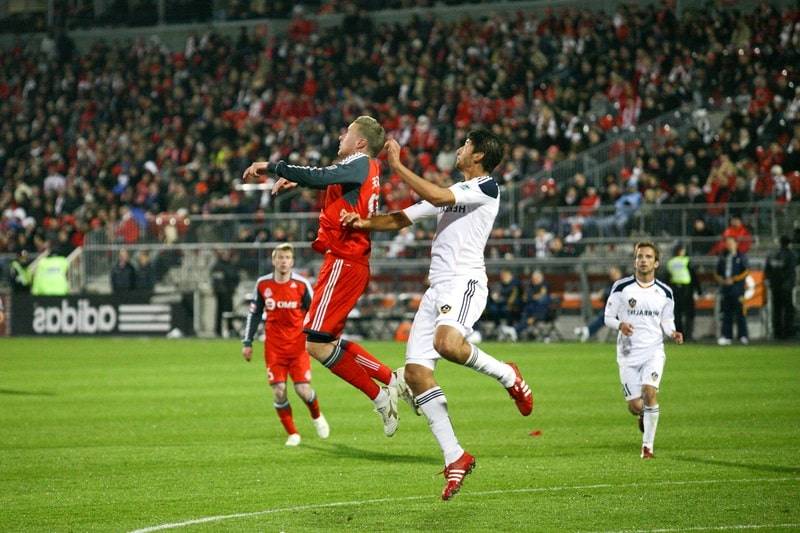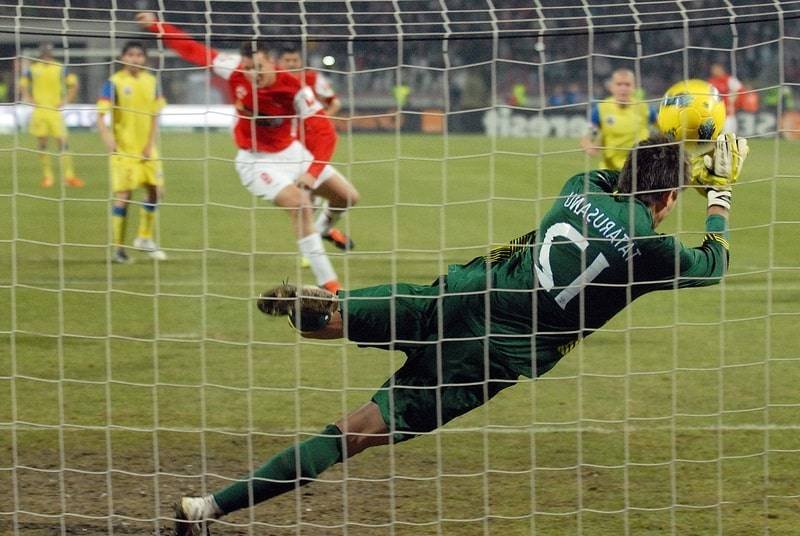Related to extra time in football, The official playing time for professional soccer matches is 90 minutes, divided into two 45-minute halves.
Additionally, there is stoppage time, which adds a few minutes to the clock before the end of each half. During the regular season, a game ends after 90 minutes of play with a winner or a loss. For each game they play, teams are awarded three points if they win or one point if they tie.
There must be a winner in knockout competitions like the playoffs or the FIFA World Cup, which is why extra time is used. Extra time is divided into two 15-minute halves during the World Cup playoffs, with additional stoppage time. After extra time, the side with the most goals wins the match.
So why do playoff games have more time and regular-season games end after 90 minutes? When do penalty kicks in soccer become relevant during extra time? What is the soccer “golden goal” rule? Here is a detailed explanation of how soccer’s extra time works (association football).
How long does the intermission last before extra time?
There are 30 minutes of additional time, divided into two parts of 15 minutes each.
There is a stoppage of time added to the end of each session,
just like there is during the standard 90 minutes of action.
The referee will decide from stoppages how much time will be added at the end of a period. Goal celebrations, injury time, receiving the ball for a throw-in, corner kicks, and any other time-wasting events are all considered stoppages.

A knockout stage game goes into extra time after 90 minutes of regulation time. The second half and overtime are separated by a brief 5-minute intermission. The quick 5-minute intermission is used to flip a coin to decide which team receives the ball to begin the first extra period. Soccer coaches can substitute players if necessary during the five-minute halftime break, and players can get water.
When one team scores during extra time, does the game end immediately?
The official playing time for professional soccer matches is 90 minutes, divided into two 45-minute halves. Additionally, there is stoppage time, which adds a few minutes to the clock before the end of each half. During the regular season, a game ends after 90 minutes of play with a winner or a loss. For each game they play, teams are awarded three points if they win or one point if they tie.
Whether one team scores in the first minute or not, association football games continue throughout extra time. The two 15-minute intervals are still available for the opposing team to tie and win the match. Today’s soccer matches are played according to Law 7 of the Laws of the Game.
When Does a Penalty Shootout Occur?
If there is still no winner following the two 15-minute halves, there will be a soccer penalty shootout. Each side has five players take penalty kicks at the opponent’s goalkeeper during the penalty shootout. Whichever team scores the most goals after five rounds of penalty kicks wins the match. The match enters a sudden death shootout if both sides are still tied after five rounds.
How much additional time is there in soccer? When the sneaky neighbourhood child realises that his or her team is losing, they frequently ask this question. It’s the same child that claims ownership of the ball and makes threats to take it inside to ruin the fun. For everyone who doesn’t already know this: you’re not a novice, not at all. Fortunately for you, we went above and above to explain this seemingly straightforward question.
In the beautiful game, extra time is the way to break stalemates. Two successive 15-minute periods are sometimes played when teams are tied and a winner needs to be determined (often always in knockout games). You now know that it is typically 30 minutes (plus stoppage time).
Football is an end-to-end game that doesn’t allow much time for standing around. Even goalkeepers, headed by players like Manuel Neuer and Ederson, have had to take on a considerably greater role as sweeper-keepers in each game.

Players will therefore need to remain alert and prepared at all times over the course of the game. It makes sense that after 90 minutes of football, the majority of players would be physically and psychologically exhausted and would not want to spend any more time on the field. Here, extra time is necessary.
This extra-time guide will explain what it is, whether or not it is used after every football game, and more.
Extra Time: What Is It?
Extra time is time that is extended to a game in an effort to separate the two teams.
A typical game lasts 90 minutes, divided into two 45-minute halves and a half-time that is typically 15 minutes long. In a typical game, if the teams are tied at halftime, the teams will split the points, typically receiving one point each.
An Extra 30 Minutes to Force a Winner
However, extra time is frequently employed in various football games, such as knockout football and cup tournaments, in an effort to force a winner between the two. In a cup competition, the round of 16 and later, this is typically the case.
After the full-time whistle and after the 90 minutes passed, extra time is allowed.
Two 15-minute halves of extra time are divided by a halftime break. The teams can switch ends during this minute-long pause, which also gives them a chance to drink some fluids. When the allotted 30 minutes have passed, extra time will finish.
History of Extra Time
Extra time has been around since it was first introduced in 1897. The addition of 30 minutes (divided into two 15-minute halves) thought to be the most effective approach to break up two sides that had proven impossible to separate throughout the previous 90 minutes. But it was obvious that the system still had problems.
After extra time, does a football game end?

If the score between the two teams is not even after extra time in a football game, the game is over. If the game is being played across more than one leg, this could either be the final score from the game itself or an overall score.
The game will often go to penalties if the sides are still tied after 120 minutes of play.







